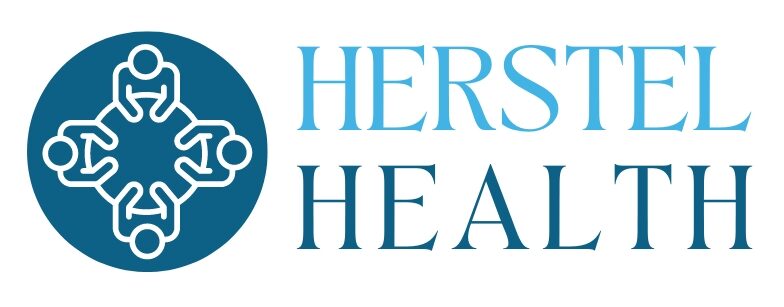
Derived from Greek meaning “self-eating,” autophagy is a vital cellular process where cells degrade and recycle their own components. This mechanism is crucial for maintaining cellular homeostasis and plays a significant role in health and disease. Understanding autophagy may offer profound insights into how our bodies manage stress, infection, and even aging.
In essence, autophagy is our bodies’ housekeeping process. It allows cells to remove damaged or dysfunctional proteins and organelles, thereby preventing the accumulation of cellular debris. The process involves the formation of autophagosomes, the proverbial house cleaners. These double-membraned structures engulf and transport the unwanted components to lysosomes (recycling centers) where they are broken down and recycled. This degradation and recycling process is essential for cell survival, especially under conditions of stress or nutrient deprivation.
One of the primary roles of autophagy is to provide an internal source of nutrients. When cells face starvation, autophagy is upregulated to break down non-essential components, supplying the cell with necessary substrates to sustain metabolic functions. This adaptive response is crucial for cell survival during periods of nutrient scarcity, highlighting autophagy’s role in energy balance and metabolic regulation.
Beyond its role in nutrient management, autophagy is integral to cellular quality control. By degrading damaged proteins and organelles, autophagy helps prevent the accumulation of cellular waste that can lead to diseases. Neurodegenerative diseases like Alzheimer’s, Parkinson’s, and Huntington’s, dysfunctional autophagy, the inability to clear toxic protein aggregates, is often observed. Enhancing autophagy has been suggested as a potential therapeutic strategy to combat these diseases by promoting the removal of harmful protein accumulations.
Autophagy also plays a critical role in immune responses. It helps eliminate intracellular pathogens, including bacteria and viruses, by capturing and delivering them to lysosomes for destruction. This aspect of autophagy is particularly important for defending against infections and maintaining immune system function. Moreover, autophagy influences inflammation, as it can regulate the production and release of cytokines, molecules that mediate immune responses. Dysregulation of autophagy can lead to chronic inflammatory conditions, illustrating its importance in immune homeostasis.
Cancer is another area where autophagy’s role is multifaceted. In early stages of cancer, autophagy acts as a tumor suppressor by preventing the accumulation of damaged organelles and proteins that could lead to genomic instability. However, in established tumors, cancer cells can exploit autophagy to survive under stressful conditions, such as low oxygen and nutrient levels. This dual role of autophagy in cancer highlights the complexity of targeting autophagy for therapeutic purposes, necessitating a nuanced understanding of its context-dependent effects.
Aging is intrinsically linked to autophagy as well. As we age, autophagic activity declines, leading to the accumulation of cellular damage and contributing to the aging process and age-related diseases. Enhancing autophagy through interventions like caloric restriction, intermittent fasting, or pharmacological agents has shown promise in extending lifespan and promoting healthy aging in various model organisms.
Autophagy is a fundamental biological process with far-reaching implications for health and disease. It is a vital mechanism for maintaining cellular integrity, managing stress, and supporting metabolic functions. The ongoing research into autophagy continues to reveal its complexities and potential as a target for therapeutic interventions across a range of diseases, from neurodegeneration to cancer and beyond. Understanding and harnessing the power of autophagy could pave the way for novel treatments and improved health span.
Everyday is a New Day – Reap What You Sow
—
Struggling with Anxiety, Depression, or Weight Loss?
At Herstel Health, we consider the whole person. The mind and the body. Mental Health and Metabolic Health. Improving both together creates a harmonious state where you can thrive. The human being is an amazing organism with a tremendous capacity for self-healing whether regenerative growth from injury or fighting pathogenic invasion. Much of the illness and chronic disease we experience are rooted in metabolic disfunction and mental difficulties.
Schedule a FREE consultation today: www.HerstelHealth.com

